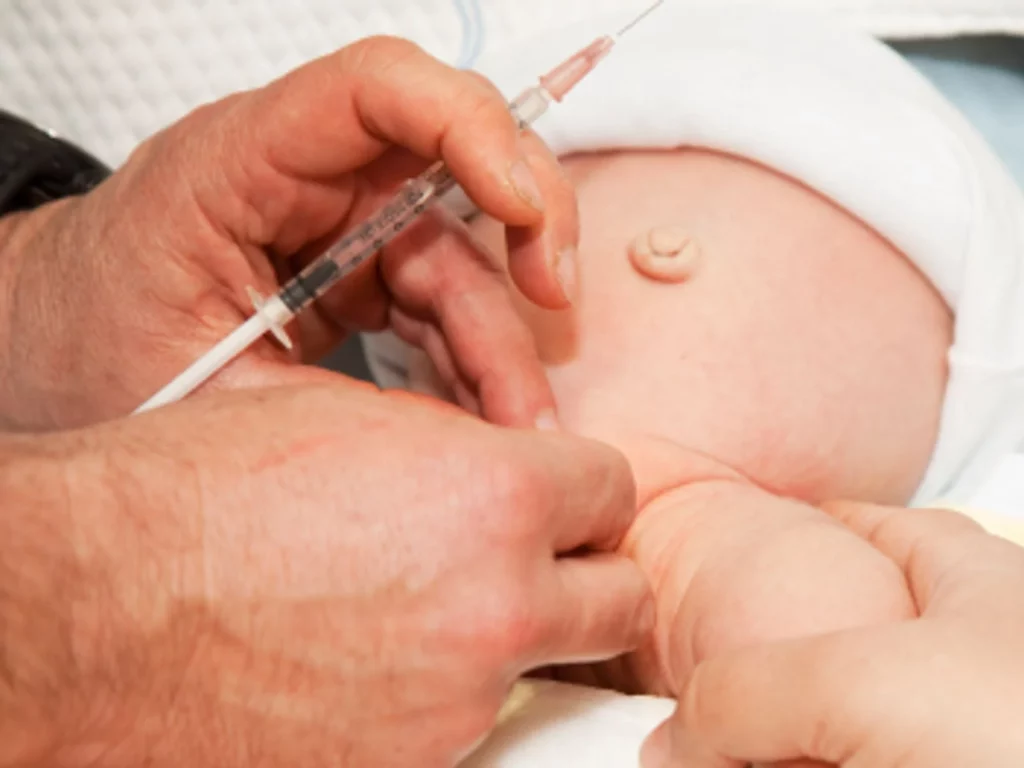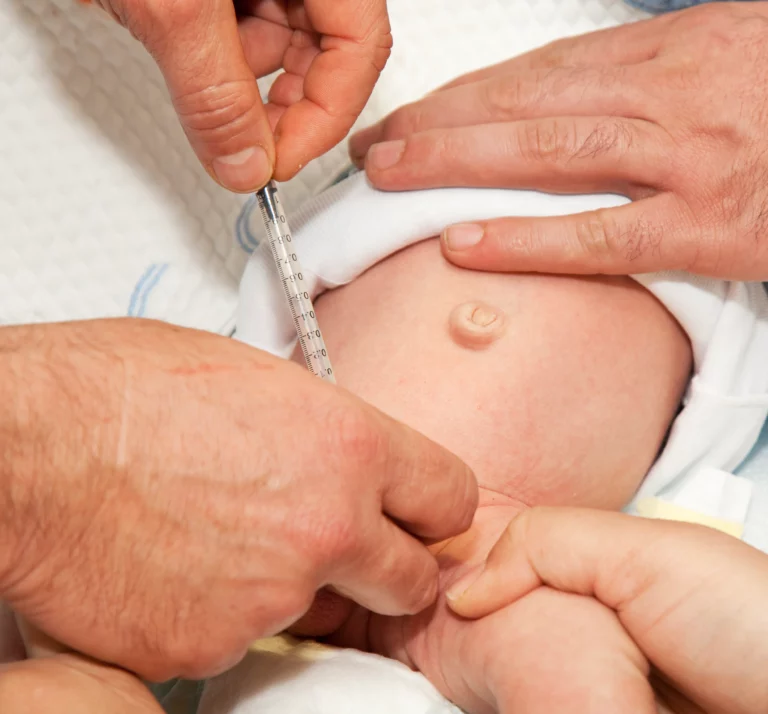Caring for your baby after circumcision requires attention and gentleness to ensure a smooth and comfortable recovery. Understanding the proper steps for post-procedure care is crucial for new parents. If you have opted for Baby Circumcision in London, choose professional and reliable clinic. Also, follow the specific aftercare instructions provided by your healthcare provider is essential. In this guide, we’ll discuss several tips to help you effectively manage the post-circumcision period, ensuring your baby remains comfortable and the circumcision site heals properly.
How to Take Care of Your Baby after Circumcision?

Gentle Cleaning
To avoid infection, keep the area around the circumcision clean. Wipe the area gently with a clean, wet cloth or warm water after changing diapers. Wipes containing alcohol or scents should not be used at first since they irritate delicate skin. Before putting on a fresh diaper, gently pat the affected area dry using a gentle cloth.
Apply Protective Ointment
Use a petroleum jelly-based ointment or a doctor-recommended product on the circumcision site. This ointment acts as a barrier to protect the wound from urine and feces and prevents the diaper from sticking to the area. Apply a small amount with each diaper change for the first few days after the procedure.
Monitor for Healing and Infection
Regularly check the circumcision site for signs of proper healing or any indications of infection, such as increased redness, swelling, foul odor, or discharge. A small yellowish discharge or crust is normal, but pus is not. If you notice signs of infection or the site isn’t healing, contact your healthcare provider.
Pain Relief and Comfort
Your baby may experience discomfort after the procedure. If your doctor agrees, you can give a recommended dose of infant acetaminophen to ease pain. Additionally, keep your baby in loose-fitting diapers and clothes to minimize pressure and irritation on the circumcision site.
Avoid Bath Immersion
Until the circumcision heals, which typically takes about a week, avoid submerging your baby in water. Instead, give sponge baths to keep them clean. Immersing the wound in water, like in a bathtub, can introduce bacteria and potentially slow the healing process.
Frequent Diaper Changes
Change your baby’s diapers often to maintain a clean and dry environment, which is essential for healing. Urine and feces in contact with the circumcision site can irritate and increase the risk of infection. Aim to change the diaper at least every two to three hours or whenever it’s soiled.
Observation of Urination
Ensure that your baby is urinating normally after circumcision. It’s common for the first few urinations to cause slight discomfort, but there should be a regular urine flow. If your baby appears to be in pain while urinating, or if there’s difficulty or a lack of urination, consult your healthcare provider promptly.
Handling with Care
Be extra gentle when handling your baby during the healing period. When picking up or carrying your baby, support them carefully to avoid putting pressure on the circumcision area. This consideration helps minimize discomfort and prevents disturbance of the healing site.
Things to Avoid
Do not Wipe with Alcohol or Fragrance
Steer clear of baby wipes that contain alcohol or fragrances, as these can irritate the sensitive skin around the circumcision site. Instead, clean a soft, damp cloth or cotton balls with warm water.
Avoid Tight Diapers and Clothing
Tight diapers and clothing can press against the circumcision site, causing discomfort and potentially disrupting the healing process. Opt for loose-fitting diapers and clothes that provide ample airflow and reduce pressure on the area.
Avoid Bath Immersion
Until the circumcision site is fully healed, which typically takes about a week, avoid submerging your baby in a bathtub. Bath water can introduce bacteria to the wound and slow the healing process. Stick to sponge baths during this period.
Do not Avoid Signs of Infection
Do not overlook any signs of infection, such as increased redness, swelling, foul-smelling discharge, or excessive crying during urination. Promptly consulting with a healthcare provider at the first sign of infection is crucial.
Avoid Unnecessary Handling
Minimize handling your baby more than necessary, especially in ways that might put pressure on the circumcision site. Be gentle when changing diapers and avoid any rough movements.
When to See a Doctor?
- Excessive Bleeding: If the circumcision site continues to bleed or if there’s blood soaking through the bandage, especially if it doesn’t stop with gentle pressure.
- Swelling: Increased redness, swelling, pus, or an unpleasant-smelling discharge from the circumcision site, as well as if the area feels particularly warm to the touch, are indicators of infection.
- Fever: A temperature of 100.4°F (38°C) or greater in the rectal area of a newborn or infant is considered a fever and should be treated medically right once.
- Difficulty Urinating: If your child appears to be in pain when urinating or if they haven’t urinated in six to eight hours following the circumcision.
- Unusual Crying or Irritability: If your baby is more irritable than usual, cries continuously, or cannot be consoled, which could indicate discomfort or pain.
- Discoloration: Any discoloration of the penis, such as a blue or black appearance, which could indicate a circulation problem.
- Lack of Healing: If the circumcision site does not appear to be healing or if the condition worsens over several days instead of improving.

